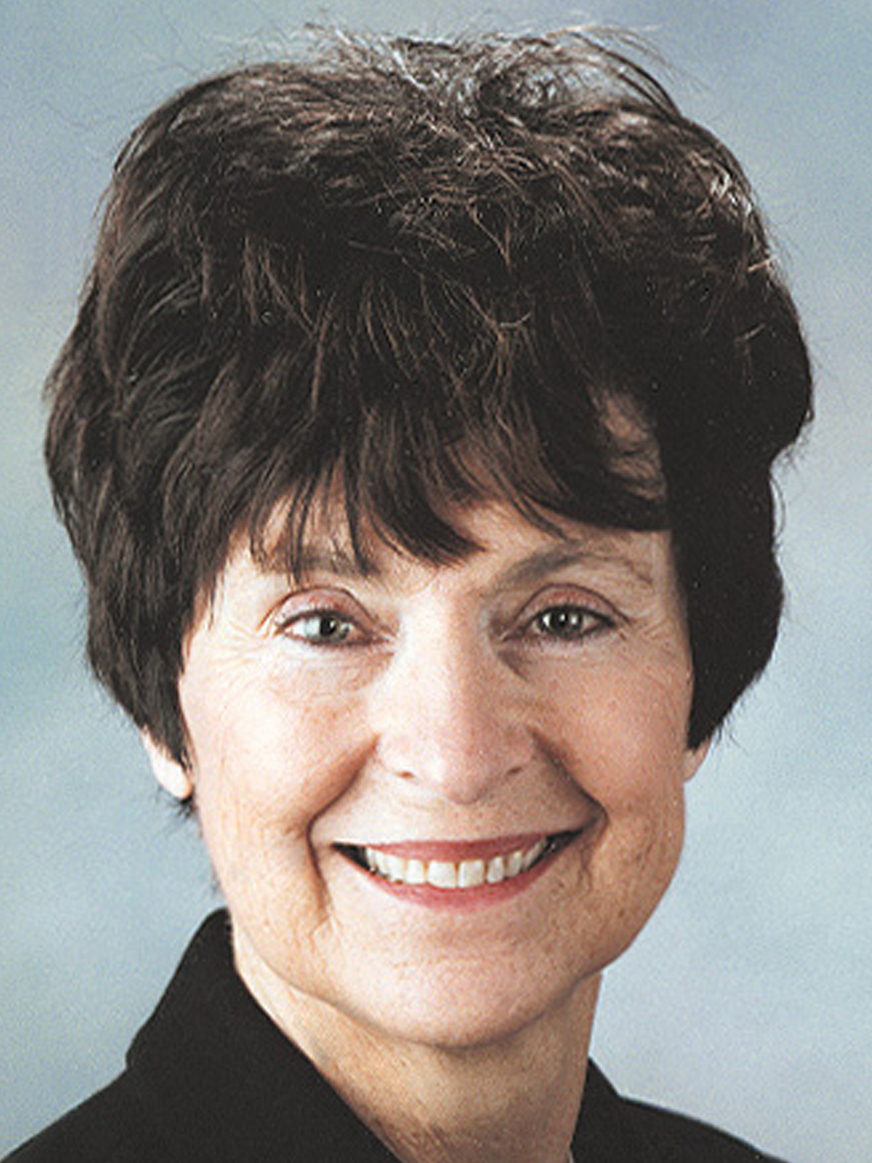Henrietta L. Logan, Ph.D.
Professor of Community Dentistry and Behavioral Science
College of Dentistry
2009 Awardee
 Henrietta Logan’s program of research brings together several areas of investigation: the integration of models of pain as a complex multifactorial experience, models of health behavior and health promotion, and health disparities, with a focus on head and neck cancer.
Henrietta Logan’s program of research brings together several areas of investigation: the integration of models of pain as a complex multifactorial experience, models of health behavior and health promotion, and health disparities, with a focus on head and neck cancer. Logan’s earlier research focused on psychological and biological correlates including immune system changes associated with human stress and pain. This work had both theoretical and clinical applications, and served as the springboard for work published in 2004 through 2006 which demonstrated that this conceptualization of “individual difference” influences memory of pain and extends to multiple, potentially aversive settings including childbirth, laboratory pain, and emergency dental clinics. Logan extended her stress and pain research to understanding the etiology of pain memory and the impact of memory on subsequent pain response. This line of research was of particular interest because it tested a model that is applicable to cancer pain. During this same period, Logan initiated studies of risk factors and predictors of health outcomes related to head and neck cancer.
Logan’s recent work in head and neck cancer is a natural extension of her earlier research interest in individual differences as they relate to health outcomes. This work culminated in the recent funding of the Southeast Center for Research to Reduce Disparities in Oral Health, whose focus is on head and neck cancer prevention and survival. This center is the first National Institutes of Health-funded health disparities center in the southeastern United States to focus on health disparities in head and neck cancer. Logan and her colleagues conducted studies related to early detection and prevention of oral and pharyngeal cancer, and these studies provided baseline data on attitudes and beliefs including cultural mistrust about undergoing cancer screenings among ethnoracial minorities. They also assessed the effectiveness of a media campaign designed to increase knowledge and participation in head and neck cancer screenings.
With the motto, “Taking the bite out of head and neck cancer,” the Center serves as a magnet to pull together groups with interest and capacity in reducing the disparities resulting from head and neck cancer. The Center promotes interdepartmental collaboration across the University of Florida campus; the initial grant included investigators from four colleges and has already attracted interest from excellent researchers in other colleges across campus, other localities in Florida, and around the country.

